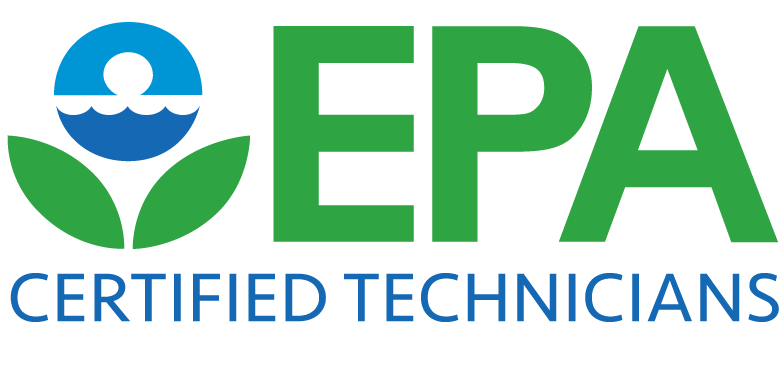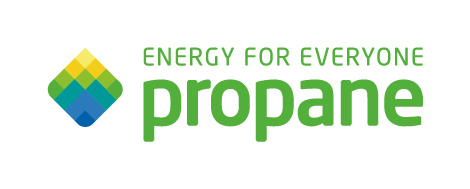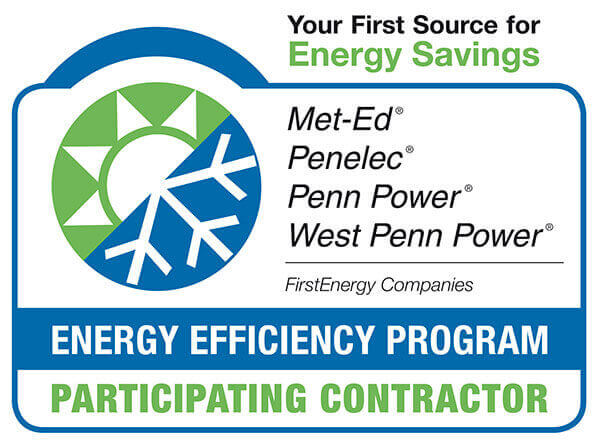Is Propane Good for the Environment?
As the world continues to shift toward environmental sustainability, many people wonder how their energy choices impact the planet. Propane is one energy source that often sparks debate. Is it a friend or a foe of the environment? Find the answer here.
What Is Propane?
Also known as liquefied petroleum gas, propane is a versatile, clean-burning fuel derived from natural gas processing and crude oil refining. This clear, odorless gas is stored and transported in a liquid state under pressure, making it a convenient energy source for heating, cooking, and powering cars.
Propane is notable for its low carbon content, which contributes to its reputation as an environmentally friendly energy choice. Producing propane involves separating it from natural gas through a cooling process that condenses it into a liquid form. Its efficiency and relatively low emission profile make it an attractive option for reducing greenhouse gases.

Propane’s Small Environmental Impact
Propane may be a fossil fuel, but its lower carbon content means it burns cleaner. Here are some environmental benefits of propane:
- Lower greenhouse gas emissions: When used for home heating, propane emits 87 kilograms of CO2 per million British thermal units (Btu), lower than both coal (93.28) and natural gas (66.88). When used in vehicles, propane’s CO2 emissions factor is just 5.72 kg of CO2 per gallon, compared to 8.78 for gasoline and 10.21 for diesel.
- Smaller air quality impact: Burning propane releases fewer harmful pollutants, promoting better air quality. For example, propane-powered vehicles emit 20% less nitrogen oxide and 30% less carbon monoxide than gasoline cars. They also produce 80% fewer hydrocarbon emissions than diesel-powered vehicles.
- Better energy efficiency: Propane contains more than twice the energy content per cubic foot as natural gas, meaning less propane is needed to produce the same amount of heat. As a result, a 100,000 Btu natural gas furnace burns about 95 cubic feet of fuel per hour, while the same-sized propane furnace burns only 40 cubic feet per hour.
- Lower life cycle emissions: The life cycle of a fuel describes the time from production to consumption. Propane’s life cycle emissions are lower than other fossil fuels, including CO2 emissions from the extraction, refining, and transportation stages. The fact that propane is a byproduct of natural gas and oil refining processes further contributes to its lower life cycle emissions. Plus, producing and transporting propane within North America generates fewer emissions than shipping fuels internationally.
How Propane Compares to Other Fuels
Propane is often compared to other fossil fuels, including gasoline, diesel, and coal. Here’s how its emissions stack up:
- Nitrogen oxides (NOx): NOx is a key contributor to smog and acid rain. Propane combustion produces few nitrogen oxides, most of which are thermal NOx. This means the emissions come from burning existing nitrogen in the atmosphere, not from the propane itself.
- Volatile organic compounds (VOCs): VOCs are a primary component in ground-level ozone, a dangerous air pollutant that causes health issues and environmental damage. Propane has lower carbon emissions, so it also produces fewer volatile organic compounds.
- Particulate matter (PM): Particulate matter consists of tiny particles that can penetrate the lungs and even enter the bloodstream, causing serious health risks. Burning propane produces lower levels of PM than other fossil fuels.
- Sulfur oxides (SOx): SOx emissions are precursors to acid rain. Propane contains minimal sulfur, so its combustion produces very little sulfur dioxide.
Propane Is the Greener Choice
SOS Xtreme Comfort has been delivering high-quality propane to customers in New Jersey, Pennsylvania, and New York since 1934. Our commitment to excellence, honesty, and punctuality allows us to deliver the “wow” factor to our customers. Our family-owned company operates a fleet of vehicles ready to transport propane even in the most challenging conditions.
To schedule heating oil services in the NJ, NY, or PA area, call NJ: 973-827-8179, PA: 845-351-4701, or NY: 845-351-4700 today.










